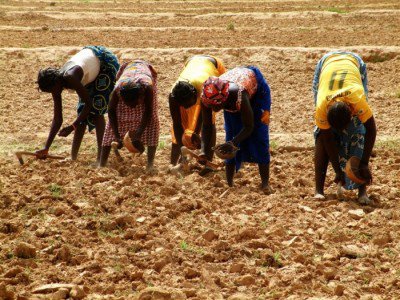This result has been the creation of food surplus and food deficit areas, of which the latter have become dependent on agricultural imports and strings-attached aid. Food deficits in the Global South mirror food surpluses in the North. Whether through IMF-World Bank structural adjustment programmes, as occurred in Africa, trade agreements like NAFTA and its impact on Mexico or, more generally, deregulated global trade rules, the outcome has been similar: the devastation of traditional, indigenous agriculture for the benefit of transnational agribusiness and the undermining of both regional and global food security.
In the 1990s, the IMF and World Bank wanted India to shift hundreds of millions out of agriculture. India was advised to dismantle its state-owned seed supply system, reduce subsidies and run down public agriculture institutions and offer incentives for the growing of cash crops. As the largest recipient of loans from the World Bank in the history of that institution, India has been quite obliging and has been opening up its agriculture to foreign corporations.

